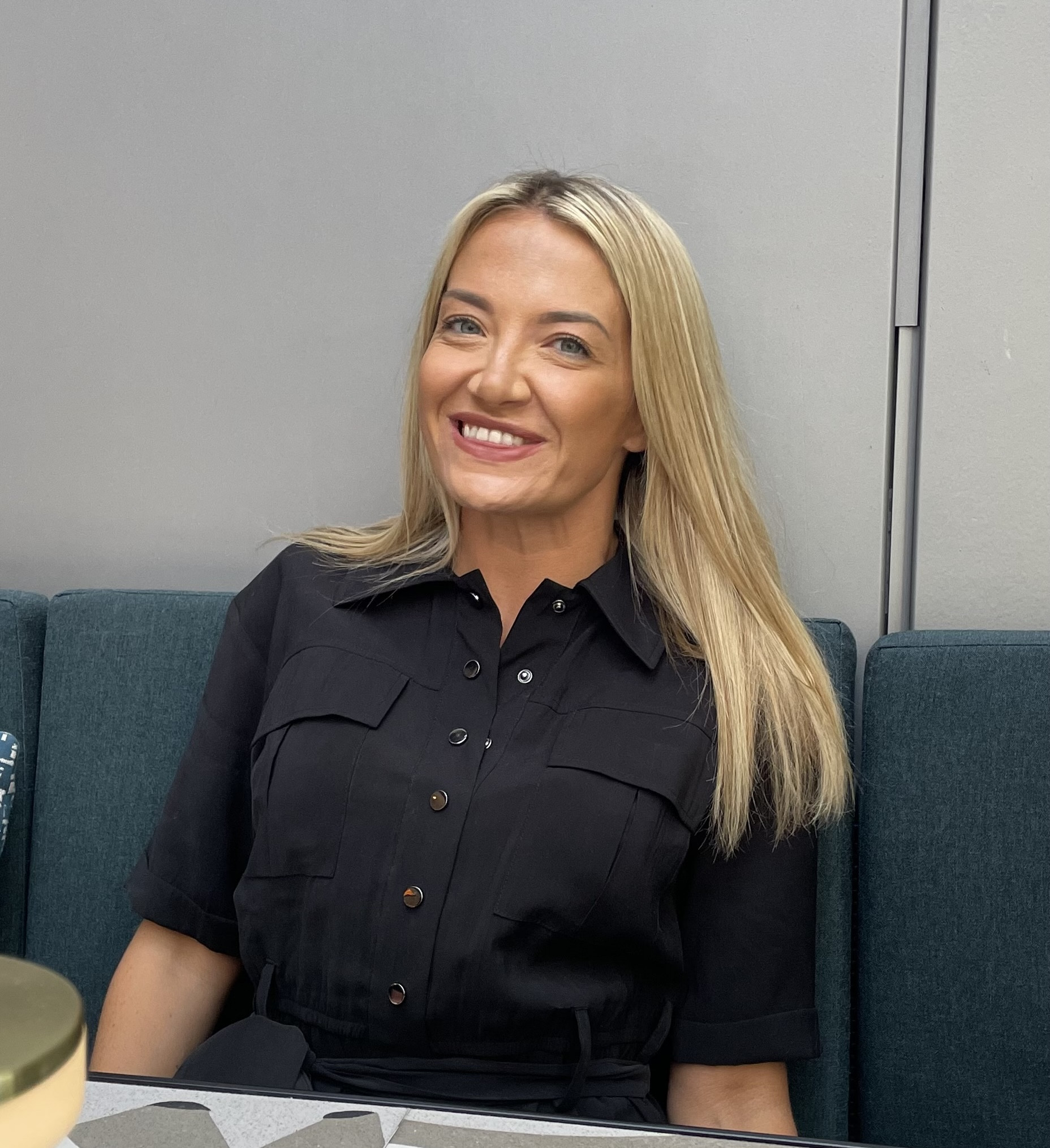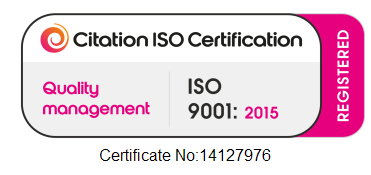Staff Profile – Paul Martindale, Senior Social Worker, Image & Performance Enhancing Drugs (IPEDs).
Paul has worked at The Alcohol and Drugs Service (ADS) since 2005. After qualifying as a social worker, he joined the charity to support people through the Open Access Service. More recently he helped to set up The Juice Bar in 2015 to specialise in advice and support for people using Image and Performance Enhancing Drugs (IPEDs).
Day-to-day, Paul leads this part of the service for ADS. He works with people who are using these types of drugs, in particular anabolic steroids which are often used for weight training. However, IPEDs include a vast range of drugs from steroids to tanning supplements and human growth hormones.
Users often view IPEDs very differently to other substances such as alcohol, cocaine and heroin, because steroids are sometimes promoted as health supplements to improve strength and muscle mass, rather than a drug which can cause harm to health.
ADS introduced The Juice Bar to support IPED users in a variety of ways. It aims to meet people where they are with their use and to inform and educate how to use IPEDs more safely, rather than forcing people to abstain. Paul also supports the pharmacy needle exchange service which is provided to people in East Yorkshire.
His role also involves supporting staff and newly qualified social workers in their ASYE year (Assisted Supported Year in Employment), mentoring and assessing for training and development during the first year after University.
How many people are you supporting in the service at any one time?
“This can vary week to week due to the nature of my role. Although I can have a small caseload where people are seen regularly, I mainly support users at a time and a place that is suitable for them. Although we offer structured appointments, I am also in regular contact with people using the LIVE CHAT facility through the ADS website, where anyone from around the UK can get in touch. We receive lots of questions and requests for support via text, emails and over the telephone as well as face-to-face. This open approach helps us to meet people on their own terms.
“We are fortunate at ADS to have support from a peer mentor with lived experience of substance misuse. We work closely together to support service users.”
What do you enjoy about your role?
“This role is incredibly varied. One of our aims is to provide high quality information and advice, so as well as supporting users, I regularly visit colleges where we have a preventative role, aiming to talk to people before they start using IPEDs to understand the potential side effects of taking them. We also work with gyms as much as we can, so developing these relationships is vital to the success of the service.
“Body dysmorphia is a significant problem in the UK. Females have often had pressure on them for many years to conform to a certain body image and now with the new pressures from social media, men are experiencing those same challenges. Muscle Dysmorphia is common amongst IPED users, they can have a distorted image of themselves and don’t recognise the increased size of their body.”
How much of a problem are IPEDS in the UK?
“It’s a significant problem. Public Health England estimates there are one million anabolic steroid users in the UK. These drugs are often sold in gyms or on the internet and there is a real lack of quality and accurate information around how to use more safely. Around the country, we are seeing people experience long-term side effects, many of which they didn’t expect. IPED users often find it difficult to engage with services like ours, but we are finding that many people approach us direct for advice once they start experiencing problems.”
Is there a typical user?
“Users are all different ages, from many different backgrounds and use steroids for different reasons so it is difficult to profile a typical user. Older men may experience dips in testosterone levels whereas, younger males want to increase their muscle mass and size as much as they can and as quickly as they can – people present with all types of issues.
“One consistent factor is the lack of knowledge around how to use IPEDs in a safer way and this is one of the benefits of our service at The Juice Bar. The negative effects from a lack of testosterone can last for months, years or never fully return at all, but we have developed a treatment pathway to support people in this situation.”
How do peer mentors support The Juice Bar?
“I work with an excellent peer mentor who started using steroids as a young adult. He subsequently stopped using steroids with support from us and now supports other users. As with any substance, when users quit steroids, there is a lot to deal with psychologically – reduction in size and being unable to lift as much weight in the gym for example. Our peer mentor is a few years down the line and can share his positive experience of stopping his use, getting his health back on track and enjoying life again.”
How long have you been working in recovery?
“I’ve been the lead for this service for around 7 years. Prior to that I was working in the Open Access part of the service, supporting service users who were experiencing issues with drugs or alcohol.”
What qualifications do you have?
“I graduated with a Degree in Social Policy but wasn’t really sure what I wanted to do from there to start with. I took a few temp jobs and decided to go back to Uni to do a Masters degree in Social Work. The University of Hull appealed to me as their course can specialise in addiction, the main area I had become really interested in. The focus of my dissertation was substance misuse and homelessness.
“In my own time, prior to ADS, I also undertook counselling qualifications.”
Why did the recovery sector appeal to you?
“It’s an area where I know I am really helping people to make positive change and to move on with their lives. Seeing the physical and emotional change in people is so rewarding and seeing people thrive once more and improve relationships – it’s transformational.”
What is the best thing about this job?
“Helping people to help themselves to make positive changes in their lives whatever that may be.
“This is an exciting role as we have freedom to be innovative, offering services in a way that meets people where they are at and trying different ways to engage people.
“The public health van that we now use enables us as a team of social workers to visit a variety of locations, such as food banks, colleges and gyms. We can meet people in their own localities which has really helped us to promote the service and reach more people.
“During the pandemic we helped to assist with the set up of a postal needle exchange to ensure people were still able to receive new injecting equipment.”
Do you receive ongoing training?
“Yes – I’ve completed a huge variety of training at ADS. This includes enhancing my role as a social worker, but I also achieved a qualification in education and training and deliver training for ADS. I have also completed two leadership and management qualifications which helps me to supervise other members of the team.”
What are the challenges within your role?
“One of the main things is recognising that relapse is part of the recovery journey. Even when a person has come a long way, quite often they go back to old habits – the average person will relapse a number of times. We are here to support people at whatever stage they are at with their recovery journey.”
“As is the nature of drugs and alcohol, people can and do die from overdose or health related issues caused by their substance misuse. This is a very difficult part of the role of a social worker, but fortunately, in the majority of cases, service users move on to live happy and healthy lives.”
Is ADS a good employer?
“Absolutely yes, I feel well supported in my role and the charity invests in my professional and personal development.
“Also as a team we have very good working relationships and support each other. Being a social worker can be stressful at times, but as colleagues we are working together and if any one of us has an issue, we have a place to talk about it and offload rather than taking a problem home.”
What would you say to anyone considering a career in social work to come into the recovery field?
“Becoming qualified in social work can open so many doors, there are many types of jobs. In the recovery sector, I feel we are given time to work with people and to build relationships and there are significant rewards from being able to help people.”







